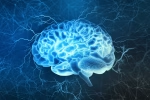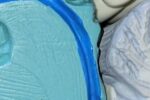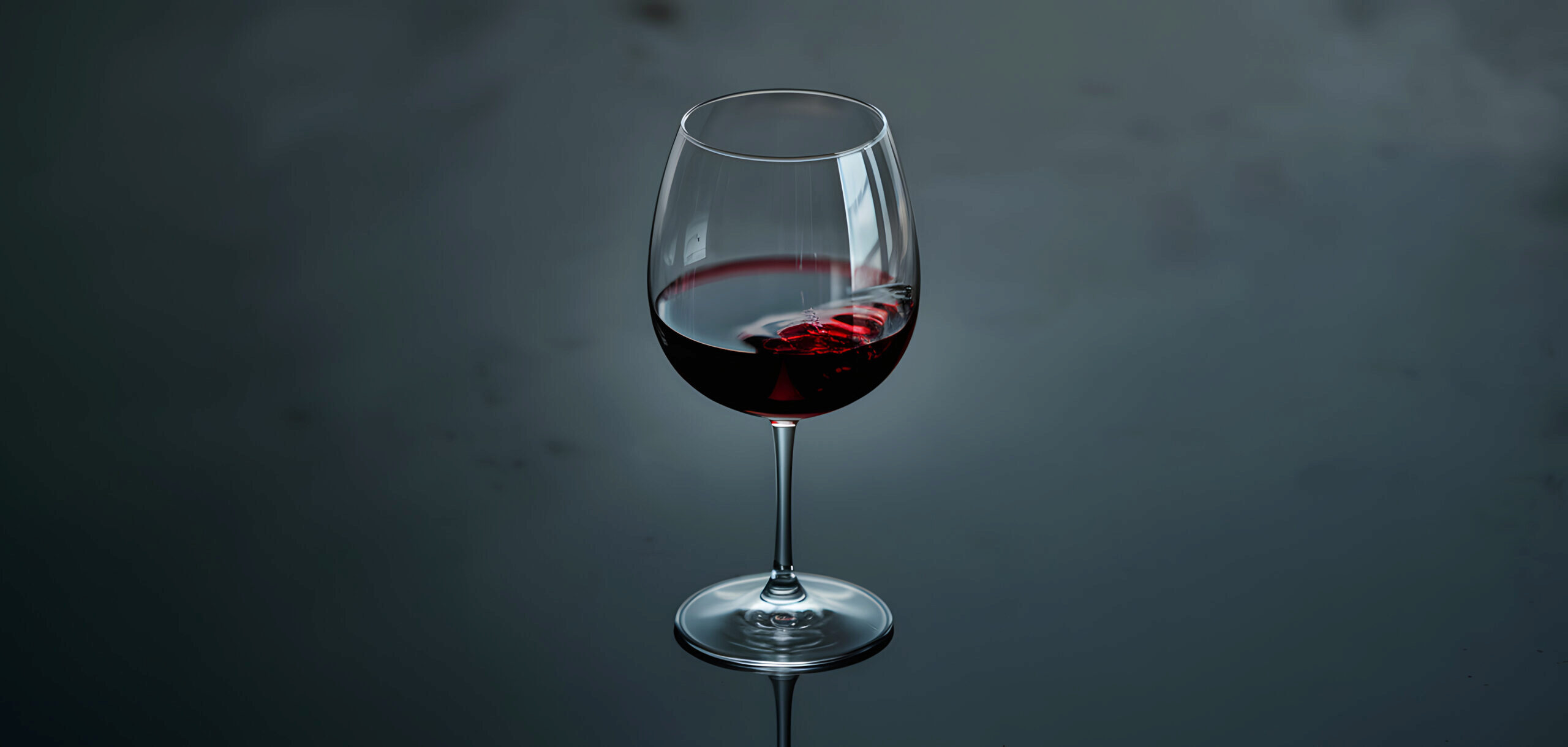
In a study published in the Journal of Neuroscience, Penn psychologist Joseph Kable—Jean-Marie Kneeley President’s Distinguished Professor of Psychology—explores how different regions of the brain help us decide whether to stick with something or walk away. By examining patients with specific prefrontal cortex lesions, Kable and his collaborators uncovered how the brain weighs uncertainty and reward in real time. The findings have implications for decision-making, mental health, and our understanding of persistence—not as simple grit, but as a dynamic, context-driven process.…Read More







